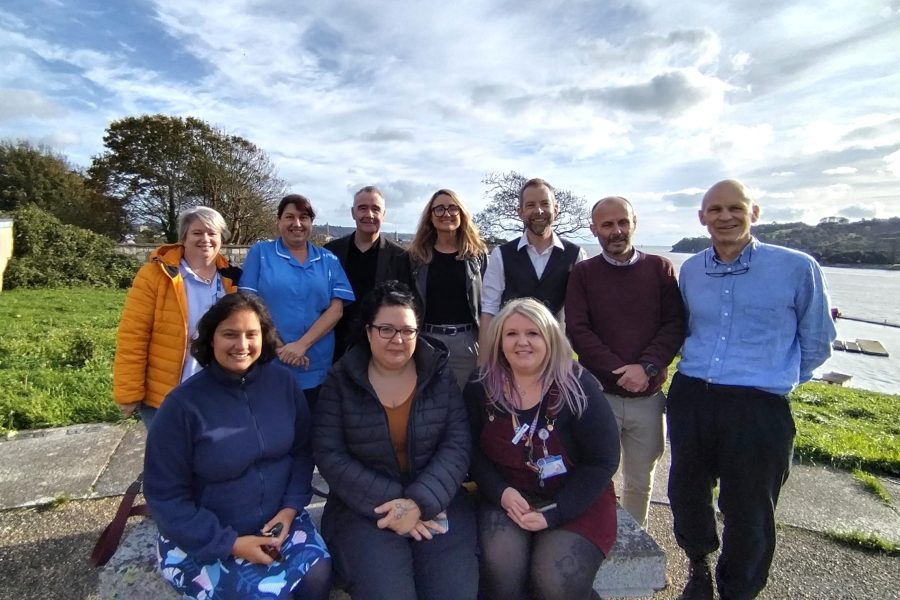Access denied
Sorry, you do not have access to this page.
Partnership Programme Manual
Welcome to Pathway's online Operations Manual V2.1 For commissioners and Teams delivering the Pathway service model.

- Welcome and Overview
- Building a Case
- Service Design
- Operational Manual
- Start Up Guide: Staff Recruitment
- Start Up Guide: Partner Roles & Responsibilities
- Start Up Guide: Practical Overview and Project Plan
- Start Up Guide: Pathway Teams Communication plan
- Staff Training Resources
- Staff Induction Checklist
- Start Up Guide: Operational Relationship Building
- Setting up an MDT Meeting
- Setting up new Pathway Team referral process
- Standards for Pathway Teams
- Pathway’s Support Package
- Pathway Support Visit
- The Annual Peer Evaluation Visit
- Quality Assurance Framework & Monitoring
- Templates & Documents